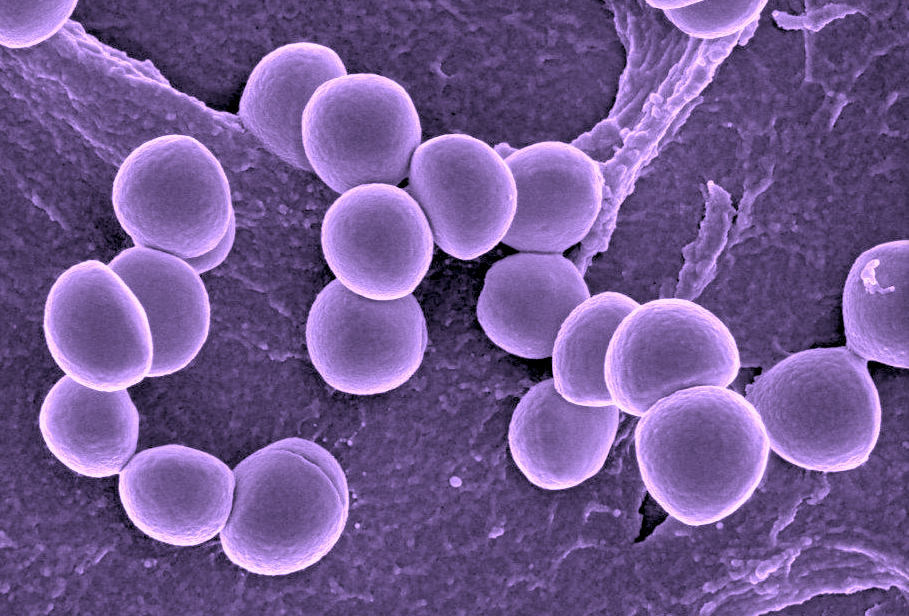AI's Role in Uncovering the Next Generation of Antibiotics
Have you been informed about antibiotic resistance? It occurs when medications lose their effectiveness in treating diseases.
Antibiotics are designed to eliminate harmful bacteria, but over time, these bacteria evolve and develop the ability to withstand the drugs meant to eradicate them.
This phenomenon is known as antibiotic resistance, rendering medicines useless. Shockingly, in 2019, it claimed the lives of over a million individuals.
Consequently, the urgent need for new antibiotics arose, specifically those capable of combating drug-resistant bacteria.
Remarkably, scientists have made a breakthrough in this area with the aid of artificial intelligence (AI). The discovery of the first new class of antibiotics in 60 years was facilitated by AI, potentially revolutionizing the field of medicine.
Here is a detailed report on this significant development. The initial antibiotic was uncovered in 1928, nearly a century ago.
Since then, it has transformed the field of medicine, making common infections and surgeries less life-threatening and accelerating recovery.
In fact, some estimates suggest that antibiotics have extended life expectancy by 20 years. They have fundamentally altered the way medicines function. However, a new challenge emerged - resistance to these life-saving antibiotics.
This resistance is often caused by their overuse. A study conducted in 2016 revealed that 30% of antibiotic prescriptions are unnecessary, indicating that we rely on them excessively.
Unfortunately, this misuse contributes to the global problem of antibiotic resistance, which is a leading cause of death worldwide each year. In response to this pressing issue, scientists turned to artificial intelligence for assistance.
Through AI, they have discovered a new class of antibiotics specifically targeting drug-resistant Staphylococcus aureus bacteria. How did AI aid in this discovery? It significantly expedited the process.
Finding a new compound typically involves a lengthy procedure, but artificial intelligence simplified it by identifying potential drug candidates, predicting their properties, and optimizing the entire process.


Comments
Post a Comment